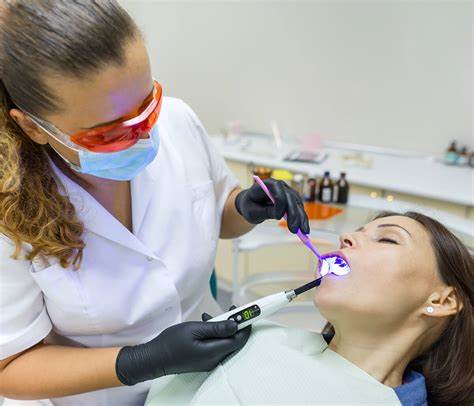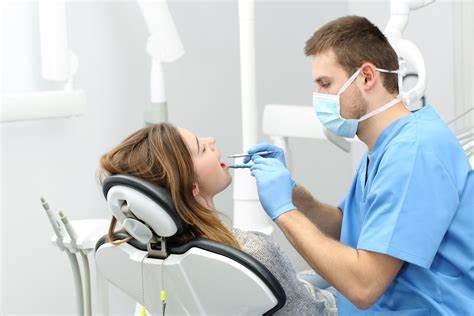Advancements in technology and research have revolutionized the field of dentistry, paving the way for a future that holds immense potential for oral healthcare. From innovative treatment techniques to cutting-edge diagnostic tools, the future of dentistry is poised to bring about significant changes in how we approach and address oral health issues. This article delves into the trends and breakthroughs that are shaping the future of dentistry, exploring the potential impact they may have on improving patient care, enhancing treatment outcomes, and promoting overall oral health.
The field of dentistry has come a long way over the years, with advancements in technology and research reshaping the way oral healthcare is provided. As we look towards the future, there are several trends and breakthroughs that are expected to transform the field even further. From preventive care to personalized treatments, here are some of the key factors shaping the future of dentistry.
Contents
Preventive Dentistry
The old adage “prevention is better than cure” holds true in dentistry as well. There is a growing emphasis on preventive care, with dentists focusing on educating patients about proper oral hygiene practices and the importance of regular check-ups. The use of advanced diagnostic tools, such as digital imaging and 3D scanning, allows dentists to detect potential issues at an early stage and take proactive measures to prevent more significant problems from developing.
Digital Dentistry
The advent of digital technology has revolutionized various industries, and dentistry is no exception. Digital dentistry encompasses a wide range of technologies, including CAD/CAM systems, digital radiography, and intraoral scanners. These tools enable dentists to create precise 3D models, design and fabricate restorations in-house, and provide more accurate diagnoses. Digital dentistry not only improves efficiency but also enhances patient comfort and outcomes.
Tele-dentistry
The COVID-19 pandemic has accelerated the adoption of telehealth services, and dentistry is no different. Tele-dentistry allows patients to consult with their dentists remotely, eliminating the need for in-person visits for routine check-ups or non-emergency concerns. This technology also enables dentists to provide guidance and advice to patients in remote or underserved areas, improving access to oral healthcare.
Minimally Invasive Dentistry
Traditional dental treatments often involved invasive procedures that could be uncomfortable and require lengthy recovery periods. However, the future of dentistry lies in minimally invasive techniques that preserve as much of the natural tooth structure as possible. Advances in adhesive dentistry, laser technology, and regenerative materials allow dentists to provide conservative treatments, reducing patient discomfort and promoting long-term oral health.
Personalized Dentistry
Every individual has unique dental needs, and the future of dentistry will focus on personalized treatments tailored to each patient. Advances in genetic testing, biomarkers, and digital imaging will enable dentists to identify a patient’s susceptibility to specific oral health issues and develop personalized treatment plans. This approach will not only improve the effectiveness of treatments but also enhance patient satisfaction and outcomes.
Biomaterials and Tissue Engineering
The development of biomaterials and tissue engineering techniques holds great promise for the future of dentistry. Researchers are exploring the use of bioactive materials that can stimulate tissue regeneration, such as stem cells and growth factors. These advancements could revolutionize the treatment of dental caries, periodontal disease, and tooth loss, providing more effective and long-lasting solutions.
The future of dentistry is set to be shaped by various trends and breakthroughs that will transform the way oral healthcare is provided. From a focus on preventive care and personalized treatments to the adoption of digital technologies and minimally invasive techniques, patients can look forward to more efficient, comfortable, and effective dental care. As technology continues to advance, we can expect dentistry to evolve even further, improving oral health outcomes and enhancing the overall patient experience.




